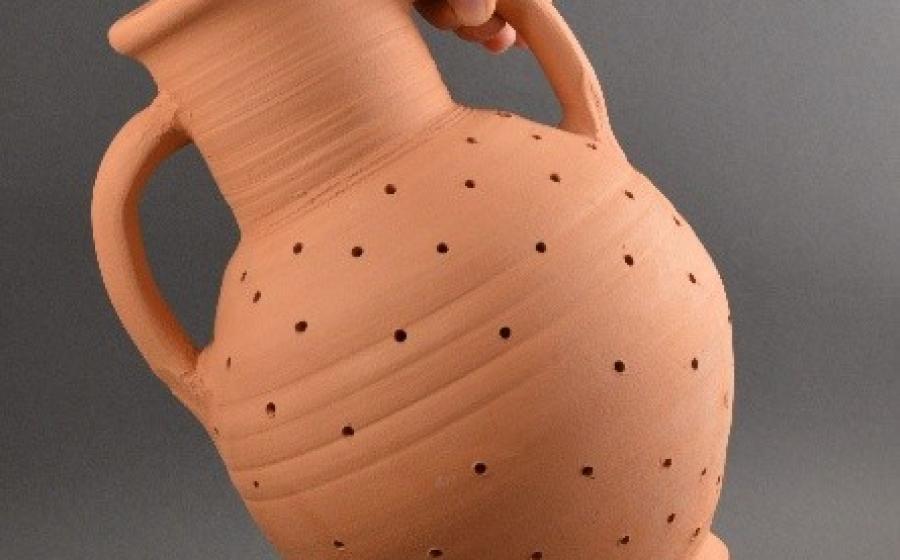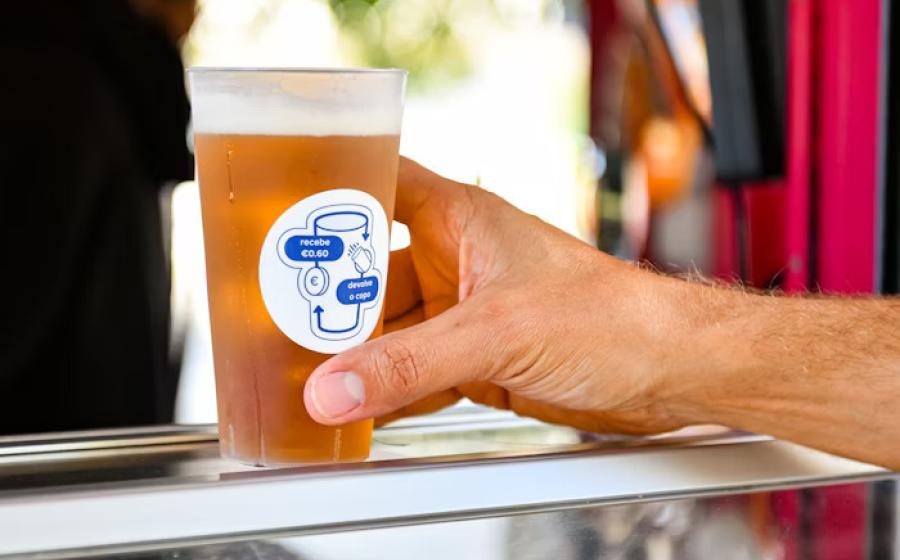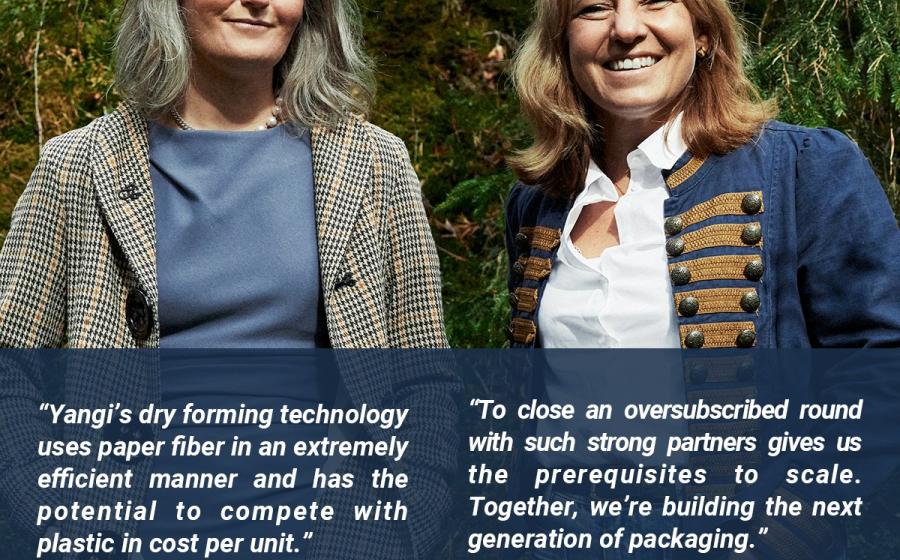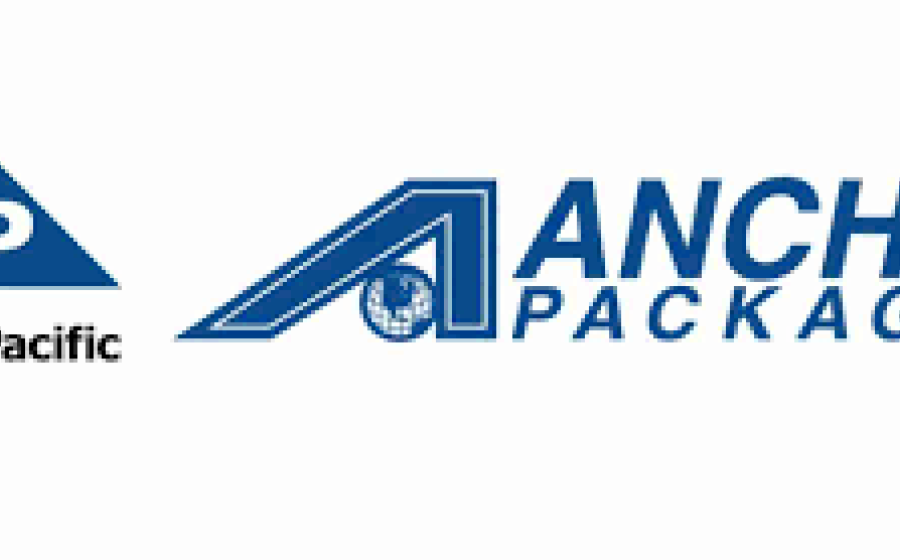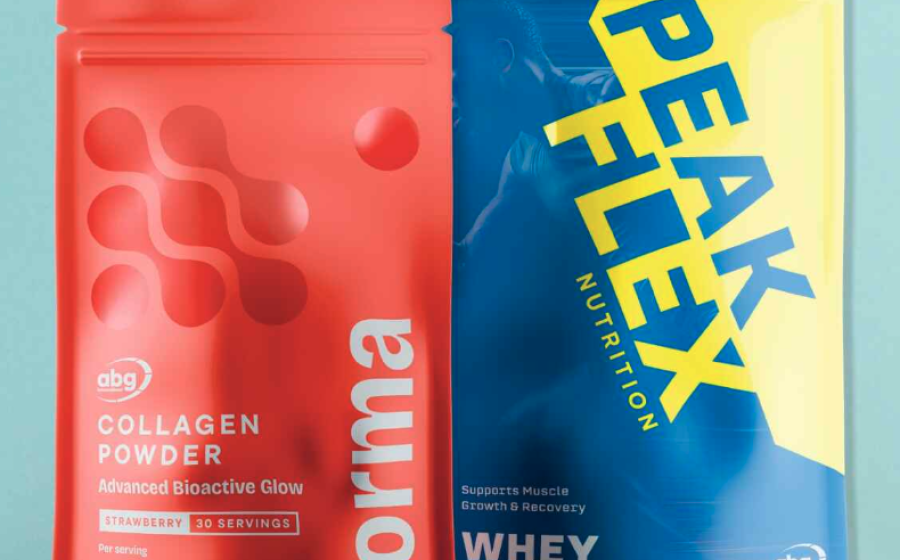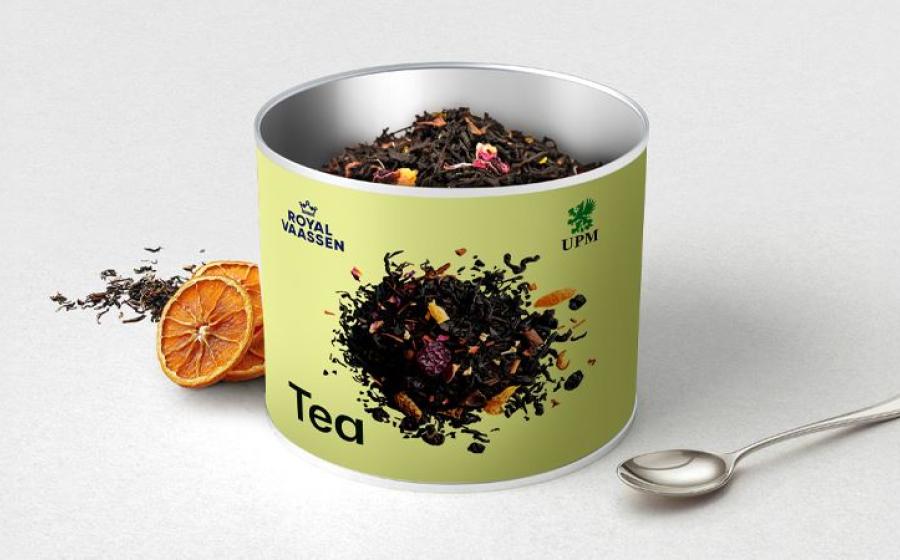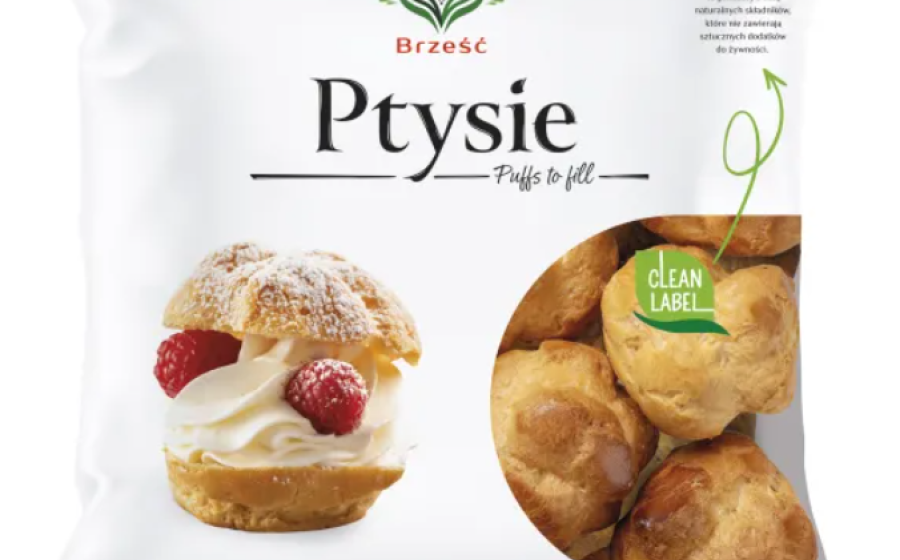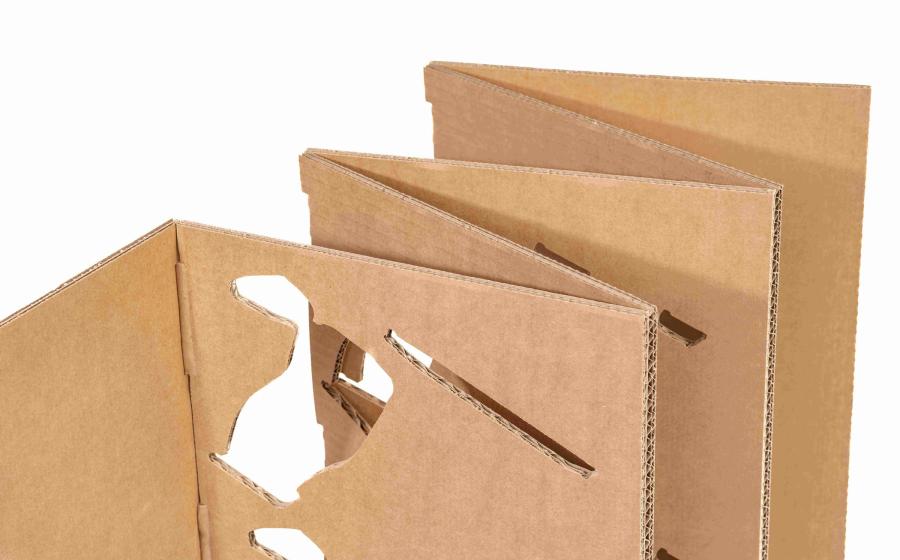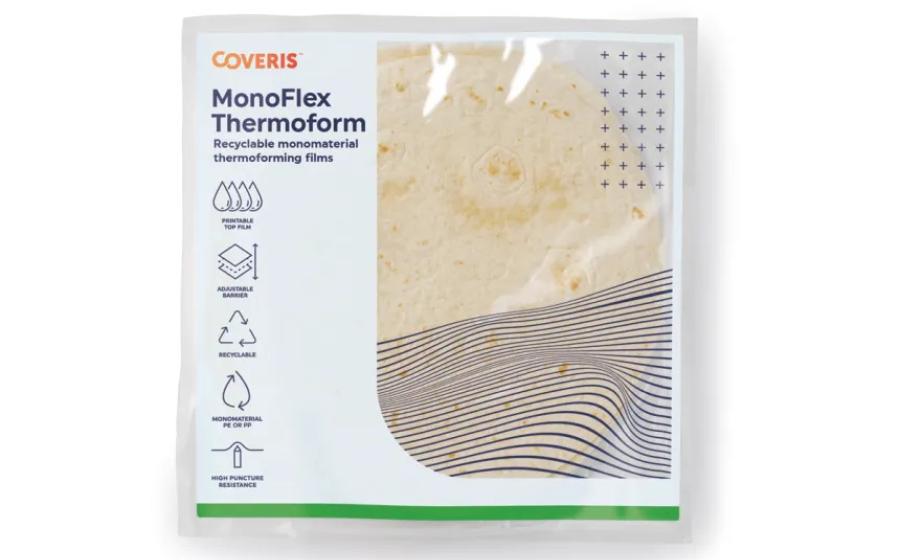History’s Oddest Packaging
Packaging has always been more than just a container. It tells us about the culture, the technology, and even the eccentricities of the time. While today’s designs lean toward sleek minimalism or eco-friendly innovation, history is littered with some truly oddball packaging choices. Things that make you wonder: What were they thinking?



